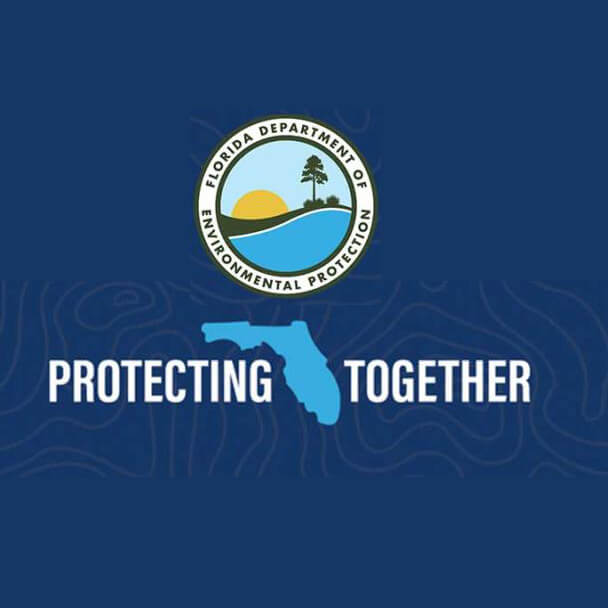Exploring Desalination Prospects for Florida's Future Water Security
Florida, with its unique hydrological challenges and increasing water demands, is actively exploring innovative solutions to secure its future water supply. One such solution gaining attention is desalination. This article delves into the prospects of desalination for Florida's water security, examining the technology, challenges, and potential benefits it presents.
1. Understanding Desalination
Definition: Desalination is a process that removes salt and other impurities from seawater or brackish water, making it suitable for human consumption and various other uses.
Desalination Technologies: Two primary desalination technologies are widely used:
- Reverse Osmosis (RO): This process involves pushing seawater through a semi-permeable membrane, allowing water molecules to pass through while blocking salt and impurities.
- Multi-Stage Flash (MSF) Distillation: In this method, seawater is heated to produce steam, which is then condensed back into fresh water, leaving the salt behind.
2. Potential Benefits of Desalination
Desalination offers several potential benefits for Florida's water supply:
- Increased Water Supply: Florida's population is projected to grow, placing stress on existing water sources. Desalination can provide a reliable, drought-resistant source of freshwater to meet increasing demand.
- Diversification of Water Sources: By incorporating desalination into the water supply portfolio, Florida can diversify its sources, reducing dependence on traditional freshwater bodies that may be vulnerable to climate variability.
- Emergency Water Supply: Desalination plants can serve as a crucial emergency water supply during droughts or other water scarcity events, ensuring a resilient water system for the state.
3. Challenges and Considerations
While desalination holds promise, it is not without challenges:
- Energy Intensity: Desalination processes, particularly RO, can be energy-intensive. Addressing this challenge requires advancements in energy-efficient technologies and the integration of renewable energy sources.
- Environmental Impact: The brine byproduct produced during desalination must be carefully managed to minimize its impact on marine ecosystems. Additionally, intake and outfall structures can affect local marine life.
- Cost: Desalination can be expensive, both in terms of initial infrastructure costs and ongoing operational expenses. Continued research and technological advancements are needed to make desalination more cost-effective.
- Public Perception: Public acceptance and understanding of desalination are crucial. Engaging communities in the decision-making process and addressing concerns about environmental impact and cost are essential for successful implementation.
4. Current Desalination Projects in Florida
Florida is actively exploring desalination as part of its water management strategy. Notable projects include:
- City of Cape Coral Desalination Plant: Cape Coral has a pilot desalination plant that uses a low-pressure reverse osmosis system to treat brackish water, providing an alternative water source for the city.
- Tampa Bay Seawater Desalination Plant: Operational since 2007, this facility in Tampa Bay is one of the largest seawater desalination plants in the United States. It has the capacity to produce up to 25 million gallons of freshwater per day.
- South Florida Test Facility: This facility focuses on testing and developing innovative desalination technologies, contributing to research efforts aimed at overcoming challenges associated with desalination.
5. Government Initiatives and Regulations
Government support and regulations play a crucial role in the development of desalination in Florida:
- Florida's Water 2070 Project: This initiative emphasizes the need for sustainable water solutions to meet the state's future demands. Desalination is considered as part of the broader strategy for securing water resources.
- Environmental Regulation: The Florida Department of Environmental Protection (FDEP) regulates desalination projects to ensure compliance with environmental standards. This includes monitoring and managing brine disposal to minimize ecological impact.
Conclusion
Desalination presents a promising avenue for addressing Florida's future water security needs. While challenges exist, ongoing research, technological advancements, and strategic planning are key to overcoming these obstacles. As Florida continues to explore desalination as part of its water management portfolio, careful consideration of environmental, economic, and social factors is essential to ensure the sustainability and success of this innovative approach to freshwater production.





